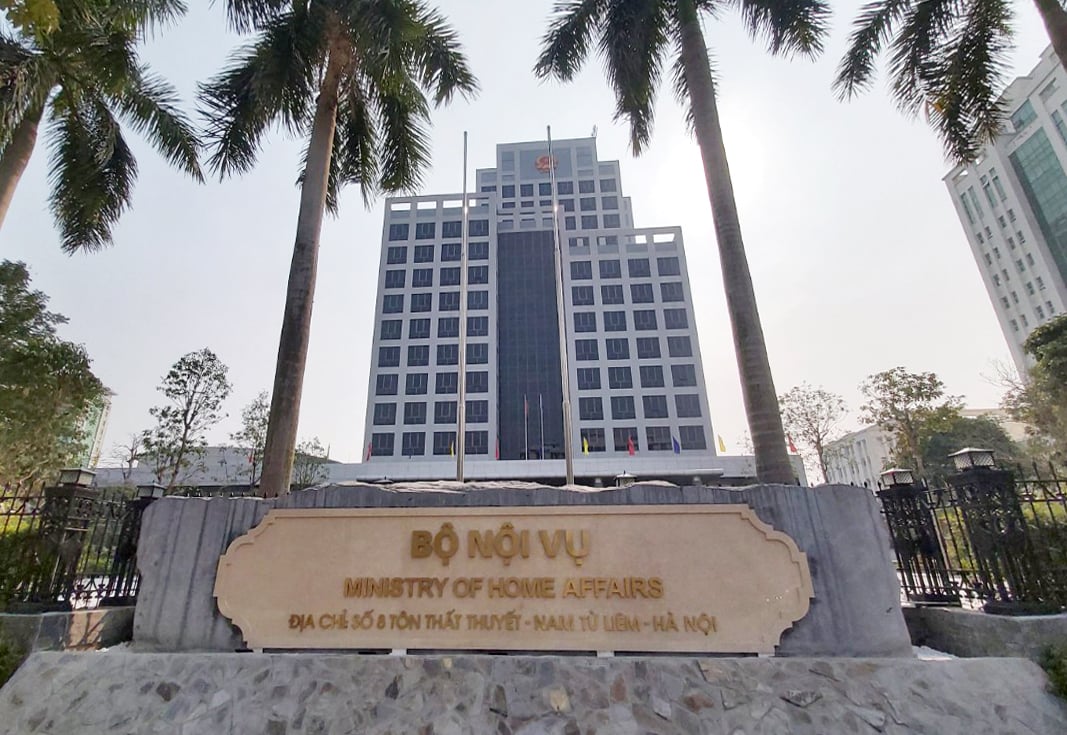Some studies show that the rate of gastroparesis in people with diabetes is very high, up to 65%. Symptoms of gastroparesis complications are often nausea, bloating, vomiting, heartburn..., quite similar to gastroesophageal reflux.
Gastroparesis is more common in people who have been diagnosed with diabetes for many years (on average, after 10 years) and have high blood sugar that is not well controlled.
The cause of gastroparesis is high blood sugar over a long period of time, causing chemical changes and damage to many nerves. This condition, if prolonged, will damage the blood vessels that supply nutrients and oxygen to the body's nerves, including the vagus nerve, and the final consequence is gastroparesis.
When gastroparesis occurs, food will stagnate in the digestive system, causing blood sugar levels to increase, slowing digestion, making diabetes treatment more difficult.
Signs and symptoms of gastroparesis include: heartburn, nausea, vomiting of undigested food, feeling full quickly after eating, weight loss, frequent bloating, fluctuating blood sugar levels, loss of appetite, causing gastroesophageal reflux, and stomach wall spasms. These symptoms can be mild or severe depending on each person and the duration of the disease, and the level of blood sugar control.
The Central Endocrinology Hospital recommends: Gastroparesis is difficult to diagnose or misdiagnosed, often overlooked because patients think it is a disease of the digestive tract because it has the same symptoms.
Therefore, any person with diabetes needs to clearly understand the danger of complications, in order to have a plan to control complications caused by diabetes well, in order to limit the effects of complications on the patient's health.
Source link




























































































Comment (0)